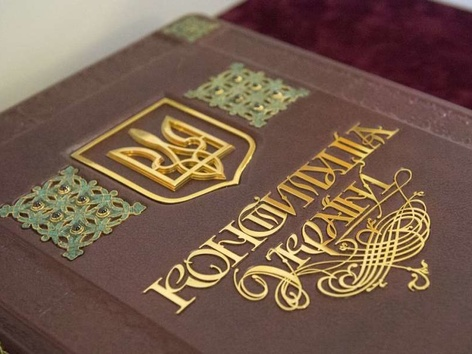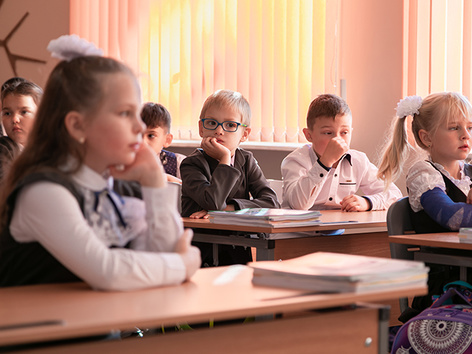
The Government of Ukraine will gradually regulate certain issues of educational activities under martial law. This year, students will face many drastic changes in terms of security in the country and individual regions.
Beginning of the school year
The new school year for 400,000 children in Ukrainian schools is planned to start offline in most regions. In a resolution of June 24, 2022, the Cabinet of Ministers approved the term of the academic year. It will begin on September 1, 2022, and last until June 30, 2023. Thus, the term of the school year is increased by 1 month.
In universities, the government recommends starting the new academic year on August 15, except for the first-year students.
Online learning
The format of training depends on the security situation in each individual administrative-territorial unit.
In the frontline and occupied territories, training will continue online. This was announced by the Prime Minister of Ukraine Denys Shmyhal.
"It's a difficult issue because of the safety of our children. The security situation in the country is different, and it is already clear that it is impossible to return to face-to-face training in frontline areas, and therefore the online format will continue there. As well as in the occupied territories," the Prime Minister added.
Earlier, the Ministry of Education and Science of Ukraine reached an agreement with Zoom to provide free access to all educational institutions in Ukraine for the next academic year 2022-2023.
Under what conditions is it possible to study in schools?
As reported by the Deputy Head of the President's Office Kyrylo Tymoshenko, in Ukraine, about 20% of schools and kindergartens were damaged as a result of hostilities. On behalf of the President of Ukraine Volodymyr Zelensky, the government is working with UNICEF to rebuild as many schools as possible by September 1.
However, students will be able to return to school only if all security measures are taken by the school. The Prime Minister instructed local governments to:
• organize regular training on the evacuation of students to shelters and safety lessons;
• develop a simple visualization of the path to safe places in all educational institutions;
• provide all conditions for stay and study in shelters;
• every educational institution should have an alarm button in case of an emergency;
• carry out a mandatory inspection by specialists of the SES of educational institutions and adjacent territories for the presence of explosive objects;
• provide supplies of water and medicines;
• provide the strengthened protection of kindergartens, schools, and high schools;
• provide educational institutions with reserve and autonomous sources of energy saving;
• ensure transportation of children to school where necessary;
• conduct training on actions in case of air alarm.
In case of air alarm, the educational process is planned to be interrupted and, if possible, continued completely or partially in the shelter.
A special commission will monitor compliance with all safety rules in schools and kindergartens.
Increasing the number of children in the class
For distance learning, the limit on the number of students in a class has been lifted. Now more than 30 students can study in a class at the same time. Previously, no more than 24 children were expected in primary school and no more than 30 students in secondary and high school.
For full-time education, everything remains the same.
Schools on the front lines, on the other hand, will switch to several shifts of 20 students per class. This is done to ensure the safety of children. The fewer students in a class, the faster they will be taken to a bomb shelter or other safe place at school.
Changes in the competition for school principals
Due to martial law, school principals are allowed to be appointed without competition until the end of the martial law, yet for no more than six months from the date of its termination or abolition.
Changes in curricula
In accordance with the order of the Ministry of Education of Ukraine, special working groups have been set up to update the content of curricula.
The changes are related to the invasion of the Russian armed forces and should take place in terms of foreign literature, the history of Ukraine, and world history.
Changes will be made to the content of curricula for grades 6-11 in the subjects "Defense of Ukraine", "Fundamentals of Health", "History of Ukraine", "World History", "Fundamentals of Law", "Geography", "Physical Culture", "World Literature".
"For example, Leo Tolstoy's novel" War and Peace "will be excluded from foreign literature," said Deputy Minister of Education and Science Andriy Vitrenko on the air of the national marathon.
A separate block will be added to the subject of Defense of the Motherland, which will deal with mine action, where children will learn how to handle a mine.
Recommended articles
1 min
Popular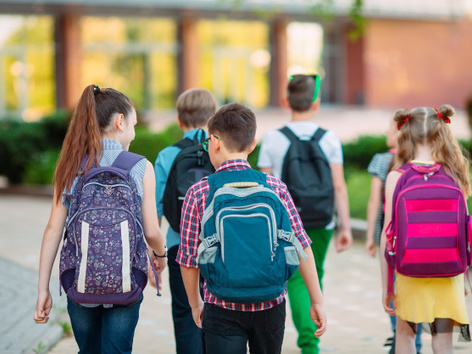
1 min
Travel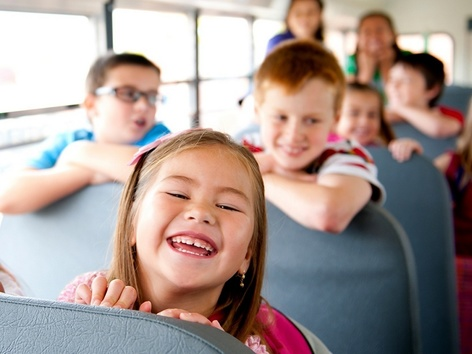
1 min
Travel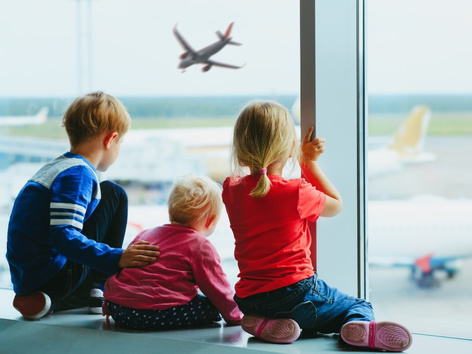
2 min
Popular